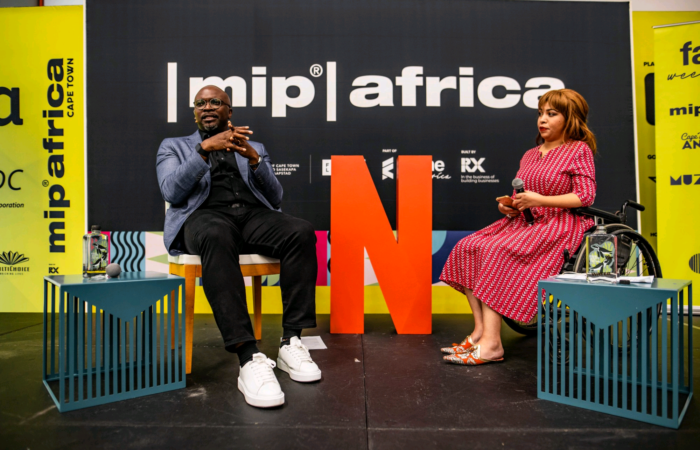
Jagun Jagun” is a compelling tale of power, betrayal, and the struggle for justice, brought to life through a riveting narrative and strong performances. Produced by Femi Adebayo, the film delves into the complex dynamics of a warlord’s reign and the challenges that arise when a young man threatens to dismantle his authority.
The story revolves around Ogunjimi (Femi Adebayo), a feared warlord who commands both respect and fear within his community. However, his veneer of invincibility is shaken with the arrival of Gbotija (Lateef Adedimeji), a young man possessing a unique ability to communicate with trees and control everything derived from them. Gbotija’s quest for vengeance and strength leads him to a warrior training camp, where he crosses paths with Ogunjimi and his ruthless leadership.

The film masterfully weaves together themes of power, loyalty, and the struggle for a better future. The script is a standout feature, evident in its meticulous planning and well-crafted dialogues. The pacing of the narrative is mostly engaging, though it does have a slightly slow start that might test some viewers’ patience. As the story unfolds, unexpected twists and turns keep the audience engaged and guessing, adding to the overall intrigue.
One of the film’s strengths lies in its attention to detail. The art direction and costume design seamlessly transport viewers to a historical setting, immersing them in the world of the characters. The makeup and prosthetics further enhance the authenticity of the characters, with even minor details like dirty teeth contributing to the overall realism.
The performances are commendable, with Lateef Adedimeji shining as Gbotija. His portrayal of a determined young man on a mission is both convincing and inspiring. Femi Adebayo’s portrayal of Ogunjimi is chilling, with his subtle expressions emphasising the character’s heartlessness. Supporting cast members, including Bukunmi Oluwashina and Aisha Lawal, deliver strong performances that add depth to the story.

Visually, Jagun Jagun offers a mix of intense battle sequences and eerie moments when evil spirits are present. The cinematography and sound effects effectively capture the tension and emotion of these scenes, enhancing the overall viewing experience. The film’s soundtrack further contributes to the atmosphere, conveying the agony, power, and mystery that pervade the story.
Unlike many Nigerian stories, the movie is an unpredictable one, nobody would have known that Kitan would turn out to be Agemo or the scene where Gbotija was sent to attack the Alaje people, he went and saw they were celebrating a festival, it looked like he was going to change his mind but he didn’t.
While the movie’s strengths are undeniable, there are minor flaws that can be overlooked in light of its overall quality. The pacing, in the beginning, could have been tighter, and there are moments of inconsistency in the editing and visual effects. Some night scenes suffer from unrealistic lighting, and a few visual effects moments, particularly the underwater scene where Gbotija was inside the coffin and being tested by Ogunjimi, come across as less convincing.

In conclusion, Jagun Jagun is a captivating cinematic experience that delves into themes of power, justice, and the human spirit’s resilience. With a well-crafted script, strong performances, and attention to detail in production design, it successfully transports audiences to a world of historical intrigue. Despite its minor imperfections, the film’s overall impact is undeniable, making it a commendable addition to the genre.
ORIGINAL ARTICLE: DailyBrief










